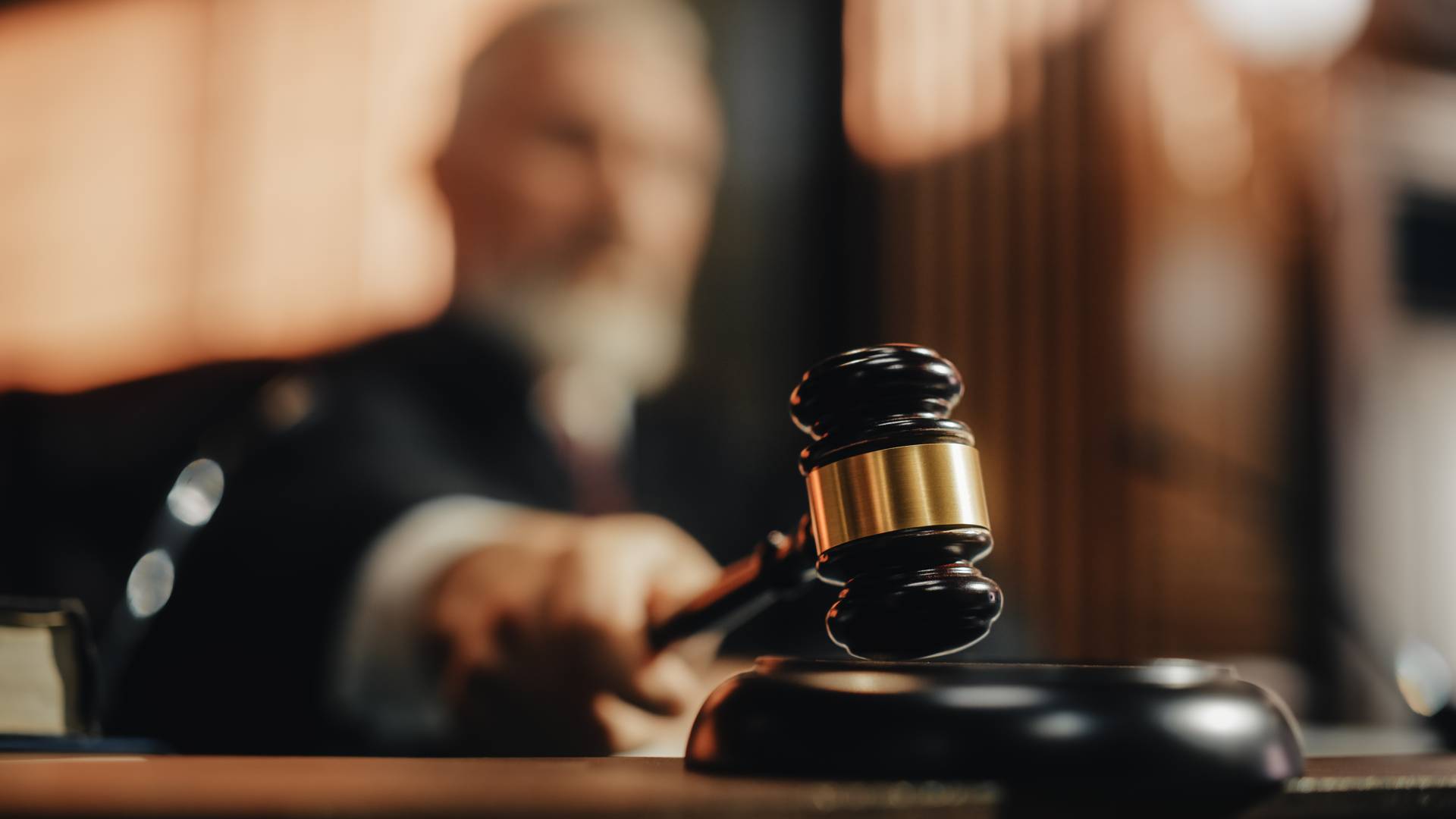When you see those red and blue flashing lights behind you, your heart will sink. After all, especially if you had just left a party or dance where you enjoyed a few drinks, you may worry that the officer will suspect you of impaired driving.
You may have had just enough liquid courage for you to try to talk your way out of a driving while intoxicated (DWI) arrest during the traffic stop or even after the officer puts you in handcuffs. Even after the police officer provides you with the Miranda Warning, you may think that you can get on their good side and avoid a night in jail.
Unfortunately, a lot of people pulled over for impaired driving traffic stops learn the hard way that they cannot talk their way out of an arrest.
The Miranda Warning Exists For A Reason
Police officers must provide you with the Miranda Warning when they place you in custody and intend to ask you questions. They have to inform you of your right to remain silent and your right to have an attorney present during all questions from the officers, and of your right to terminate the interview at any time.
Although you may think that asking for a lawyer will create an adversarial situation, having an attorney present when interacting with the police can protect you. An attorney can help you avoid falling victim to manipulation or tricks employed by law enforcement officers. An attorney can also inform you of your rights, like the right to not consent to a blood draw or breathalyzer test.
Your Words May Do More Harm Than Good
While you may want to build a rapport with a police officer or get them to understand you and your situation better, whatever you say to them during the traffic stop could come back to haunt you.
Knowing your rights and asserting them once the police remind you of them with Miranda Warnings after an arrest will give you a better chance of fighting back against DWI charges.
Juan Pablo Garcia is the attorney responsible for this ad. Primary Practice Location: Uvalde, Texas.

